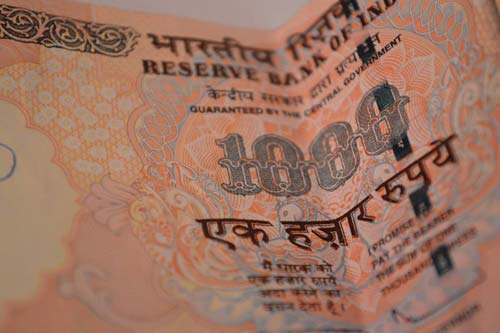
In recent months, a number of emerging countries have been experiencing capital outflows. As expected, these outflows have tended to depreciate the currencies of emerging economies. More importantly, these outflows have also started raising doubts about the resilience of growth rates in the emerging world.
Money started flowing out of emerging markets right after Ben Bernanke started talking about winding down the Fed’s asset purchase program. Previous worries about “hot money” inflows generating bubbles in emerging countries have shifted to worries about the negative effect of outflows on economic growth. In consequence, talk about capital flows and possible ways to restrict them has moved back into the spotlight.
International capital flows are now much larger than in the past. They have risen over the last 30 years, as shown in a recent paper by John Bluedorn, Rupa Duttagupta, Jaime Guajardo, and Petia Topalova (all four of them are economists at the International Monetary Found, IMF). As the world has become more financially integrated, gross capital flows have increased five-fold from their level in the 1980s. In advanced countries they have risen from 5 percent of GDP to 25 percent of GDP, and in emerging countries from 2.5 percent to 12 percent of GDP.
The larger size of gross capital flows may explain why policymakers are becoming increasingly more anxious about them, and why ways to limit free capital movements are being discussed. The question is whether the timing is right. Talk about capital controls while capital flows are moving out of emerging countries may be unwise. It may reinforce outflows rather than averting them.


here in south africa the case of billionaire mark shutterworth is a case in point in regards to policies to limit capital outflows, he was charged 25% which is about 250 million usd dollars to get his billions out of south africa, a necessary evil, now he is challenging the laws used so that he can get his money back. its a necessary evil on our part to protect our currencies.
a very interesting article certainly capital in the world must be very controlled and I think there is so much money that there is virtually physically.
Óliver Guirado broker and economist http://www.bolsawallstreet.com